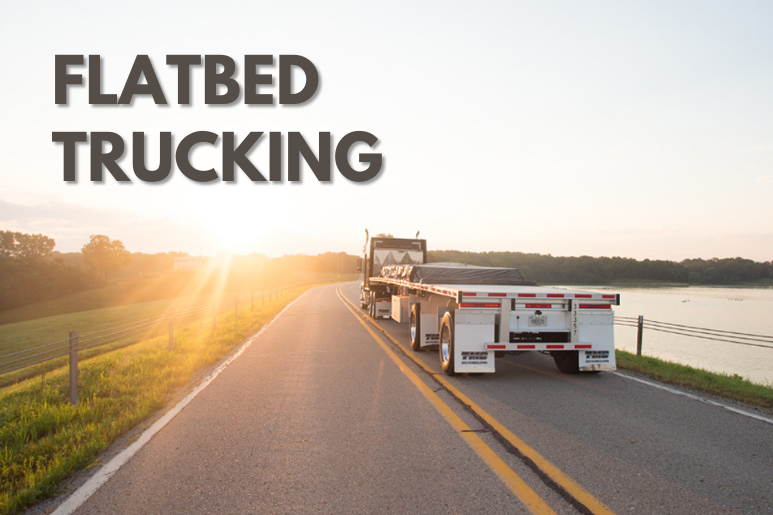The trucking industry is very complex section in transportation process.
Flatbed trucking is just a segment in this category of business.
It is a type of trucking that hauls over-sized or wide cargo.
Use of flatbed trucking
Flatbed trucking is a vital part of transportation because it serves a variety of businesses and industries.
1. Construction materials
Flatbed trucks are commonly used to transport building materials like lumber, bricks, steel, oversized pipes, concrete, cement and scaffolding.
The main benefit is that they can easily be loaded and unloaded.
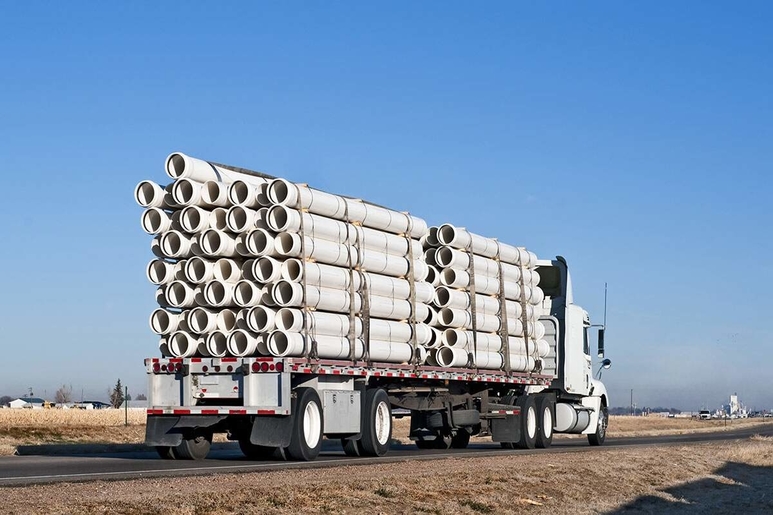
2. Equipment
Safe equipment hauling can be provided by flatbed trucks.
These trucks are used to transport heavy equipment used by farmers, ranchers, military, aviation and Humvees.
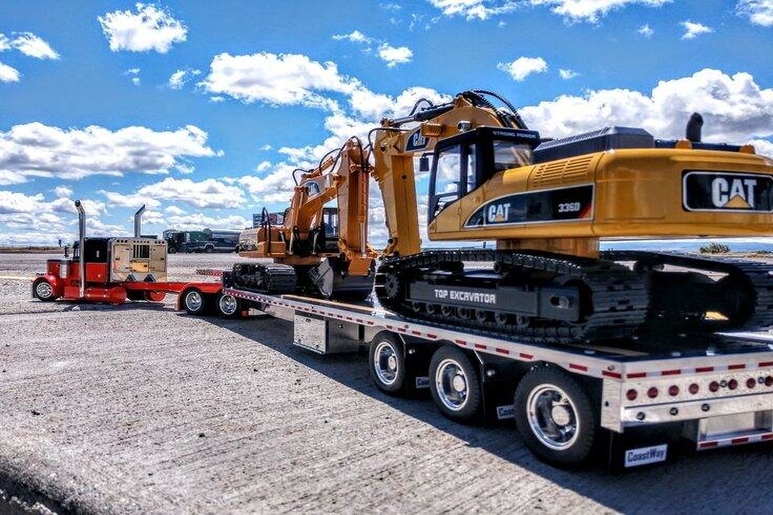
3. Tires
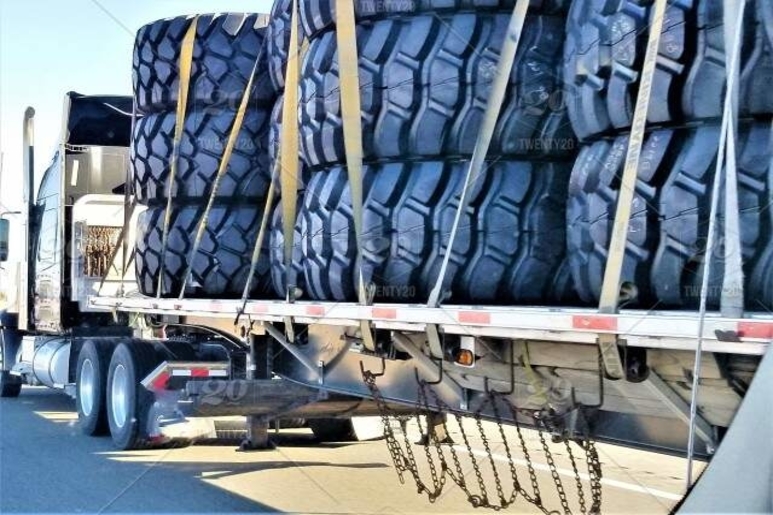
4. Landscape Materials
Because of the trailer’s length, flatbeds are perfect for transporting trees, lumber, landscape rock.
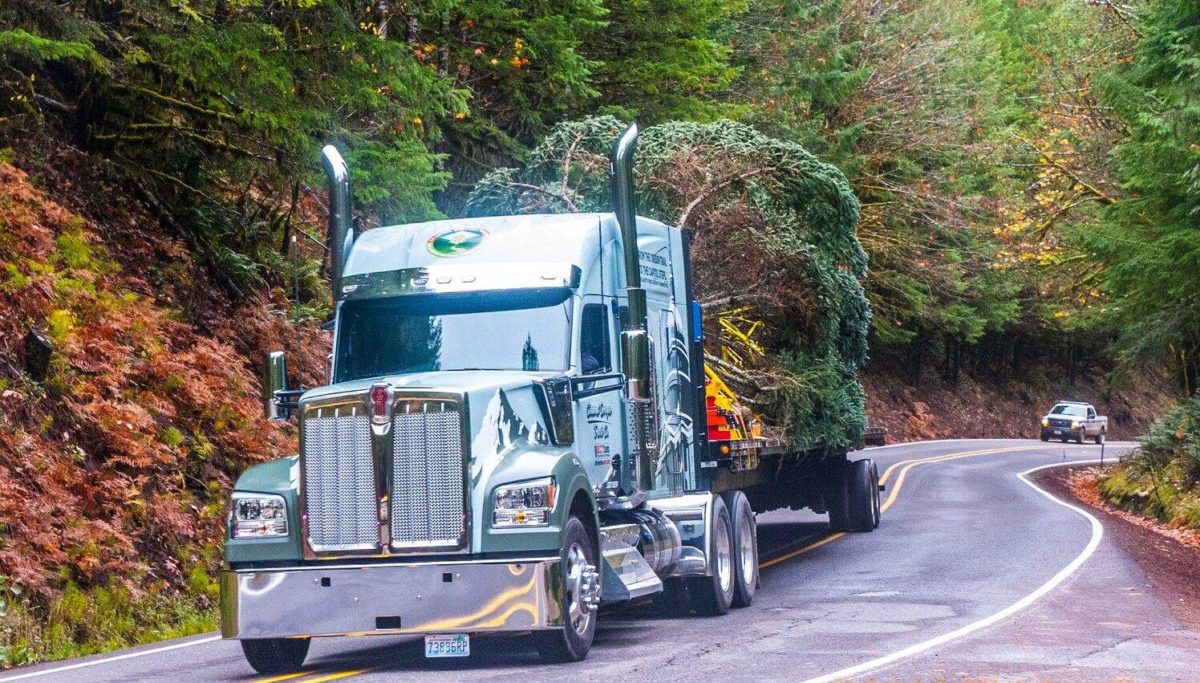
5. Mobile Homes
Moving a mobile home is not a simple task, but luckily the flatbed trucks can often transport detached mobile homes.
It usually costs between $2,000 and $5,000 to move a mobile home in less than 100 miles.
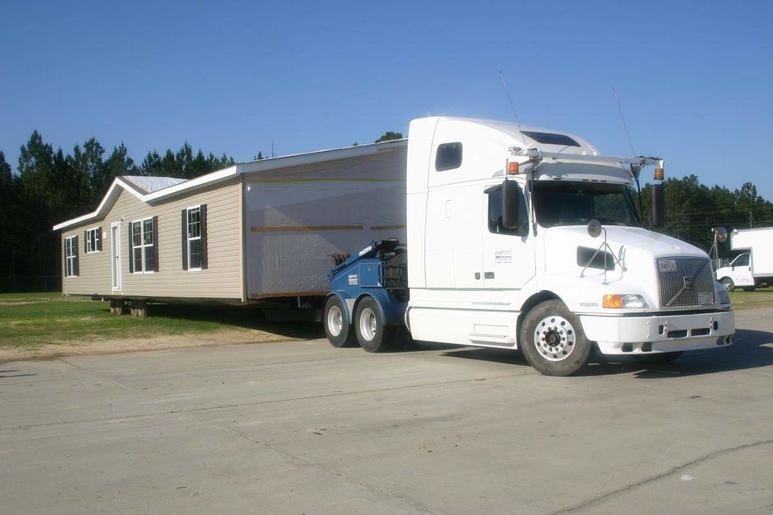
Pros of Flatbed trucking
○ Better Pay Rates
As of Jan 28, 2022, the average hourly pay for a Flatbed Truck Driver in the United States is $25.56 an hour according to ZipRecruiter site.
While ZipRecruiter is seeing hourly wages as high as $39.90 and as low as $10.82.
There are some cities across the states in the US where the typical salary for a Flatbed Truck Driver is above the average.
Some of them are San Francisco, CA ; Fremont, CA and San Jose, CA.
See our article about the highest paying trucking jobs to find out more about trucking salaries.
○ Large Load Capacity
Flatbed trucks are designed to haul heavy weights and oversized loads.
They allow services of variety of goods which help different industries.
○ Less time in loading and unloading
Due to design of the flatbed trailers, workers need less time and effort to load and unload the cargo.
The unloading process can be done from the sides, back and even from the top by using a crane or lift.
○ Higher safety
The pre and post inspections are important for securing the cargo as well as the truck, the driver and the public.
○ Job stability
Flatbed trucking requires special skills.
Regarding that there are not many truck drivers with those skills.
Flatbed trucking gives a long-term job security.
Cons of Flatbed Trucking
○ Higher risk potential
Flatbed trucking is more dangerous because the cargo is not secured in a box like the dry van trucks.
In this industry there is no room for errors.
○ Higher skill requirement
Flatbed trucking requires special hauling and driving skills.
Each cargo entails an exclusive method for strapping and securing the load.
○ Cargo theft
Since the freight on flatbed trailers is not hidden, it could easily come to cargo theft on the road.
Flatbed truck drivers must be vigilant to avoid these types of situations.
○ Strict regulations
Because of the risks that follow flatbed trucks, agencies implement strict regulations to keep the safety on the roads.
Not following the protocols and guidelines may result in hazardous situations and load damages.
Flatbed trucking regulations
Flatbed trucking companies must follow the federal regulations regarding the security of the cargo.
The regulations specify the securement devices that need to be used, the number of devices and their placement.
The number of securement devices demand the length of the cargo and its weight.
Federal laws need 1 tiedown for every 10ft of cargo.
The load limit of the devices must be 50% of the total weight of the cargo.
Placement of the device on the load and attaching it to the trailer is the final step of proper security.
Trailers are well equipped with tiedowns that straps and chains.
It is important to evenly space the devices across the load to prevent the load from moving, rolling or shifting.
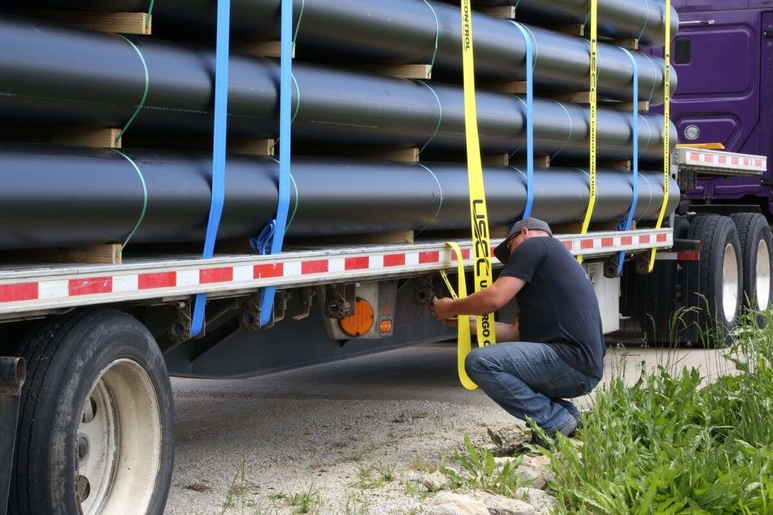
Flatbed Load Securement
Flatbed load securement is an important safety concept, because of many reasons.
The customer is paying for safe and timely delivered goods.
Damaged cargo can result in claims against the company.
If the cargo is not properly secured, it can result in serious incident.
The driver is always responsible for making sure that the cargo is safe.
Cargo securement inspections are mandatory within the first 50 miles after loading, and then every 3 hours, 150 miles or at a duty change.
Drivers need to have clear visibility on all sides of the flatbed truck.
The devices that are used in cargo securement are tiedowns, straps, chains, rope, clamps and latches.
A tiedown is a securement device that attaches to the anchor points on the flatbed trailer.
The direct tiedown attaches to the cargo and each tiedown equals 50% of the tiedowns working load limit.
A working load limit is the maximum load that can be applied to a component of a cargo securement system during normal service.
Before each use the driver should inspect the load securement devices.
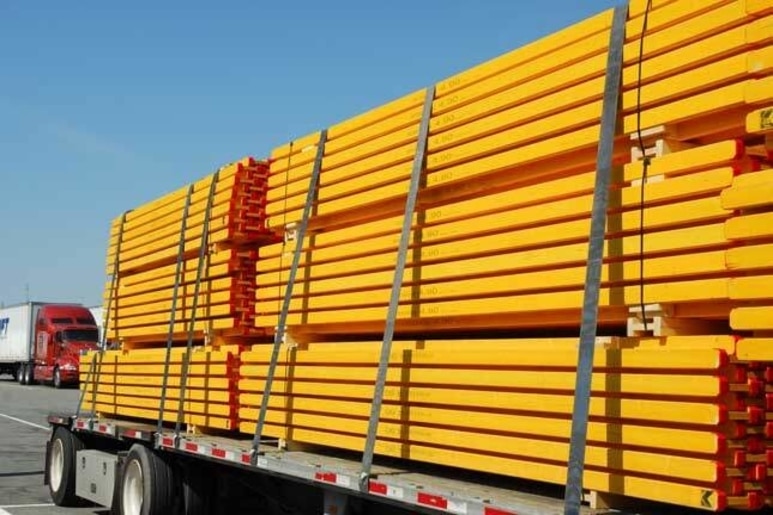
Conclusion
Flatbed trucking offers a lot of logistics options and helps many different industries and businesses.


